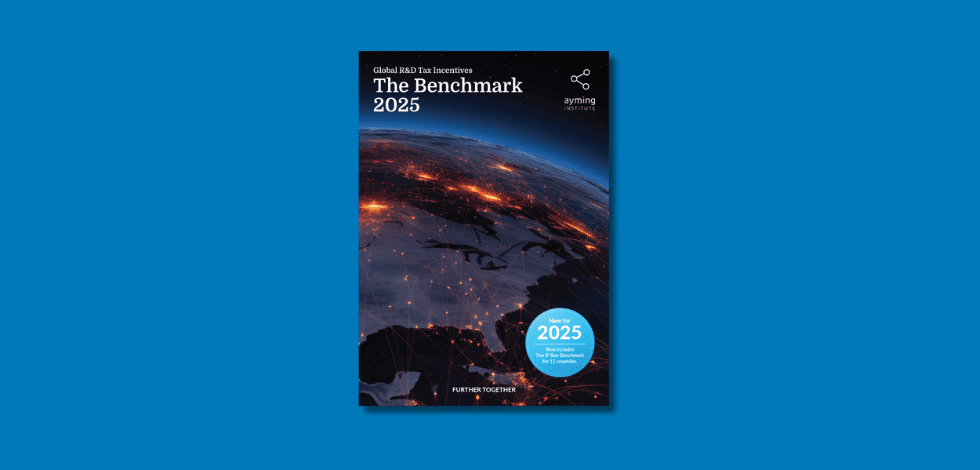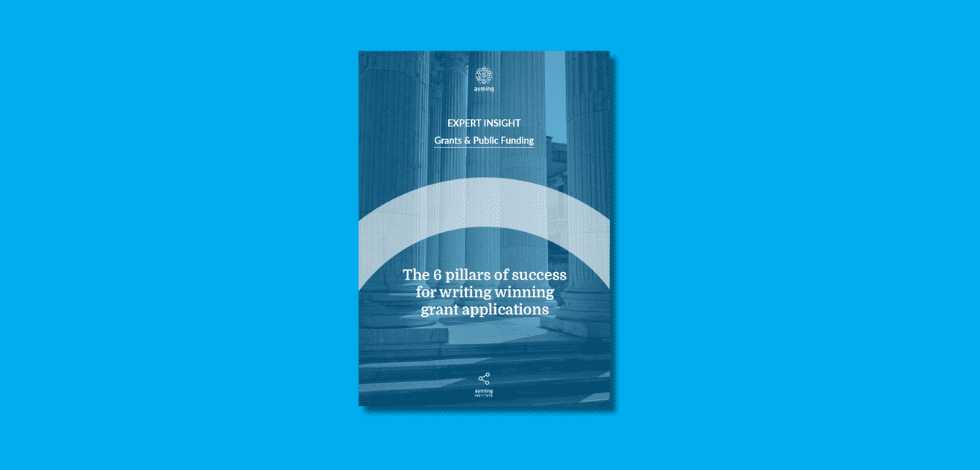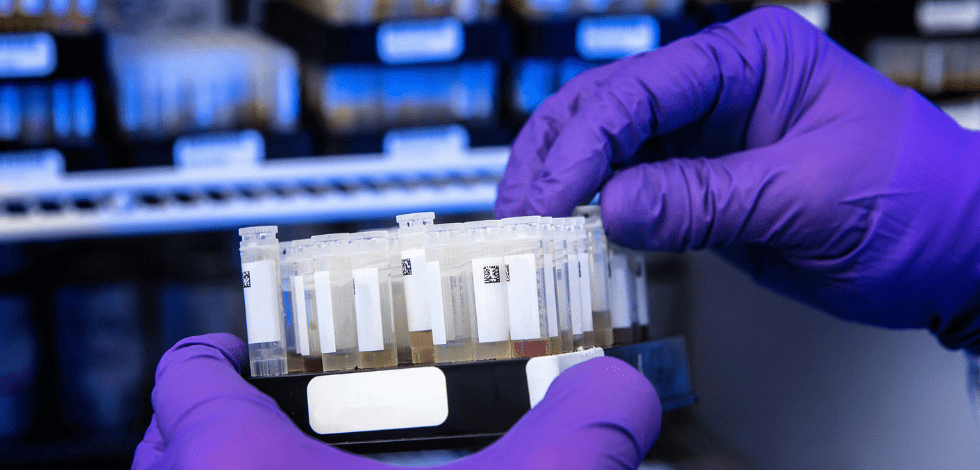Why aren’t we rewarding real innovation?
Supermarket giant, Tesco, has started to trial using robots to deliver its groceries to customers as part of its Tesco Now one-hour delivery service.
We look at how this initiative would fare under current R&D (Research and Development) tax policy, HMRC’s interpretation of the law and whether or not the current legislation is due an update by the Government.
According to recent news reports, Tesco has trialled robot delivery in Central London and is planning a wider roll-out of such deliveries over the coming weeks and months.
It’s envisaged these special deliveries will be made using driverless six-wheeled buggies that’ll be programmed to transport items within a three-mile radius, directly from stores or special delivery hubs.
This initiative is real innovation in action. It’s a really positive move, not just because it has the potential to revolutionise the food industry as we currently know it, it’s a step in the right direction, particularly as the UK wants to become a leader in digital and robotics, as mapped out in the Government’s UK Digital Strategy. (For more insight on the UK Digital Strategy, read our ‘UK Digital Strategy Commentary.’)
On the surface, Tesco’s delivery robots tick all of the relevant current policy points and come at a time when the Government is really pushing UK companies to think outside of the box and be more innovative.
But what would happen if an R&D tax relief claim was submitted for this particular initiative?
Commercial R&D and current policy
In the R&D world, the development of robotics is classed as being eligible R&D activity. However, due to the way the legislation is currently written, Tesco’s delivery robots probably wouldn’t qualify for R&D tax relief.
The current R&D tax legislation is geared towards basic and applied research, not commercial research, innovation and development, which is what Tesco’s trial would be classed as. So, if Tesco did submit a claim, it’s highly likely that it would be challenged by HMRC.
At present, robotics is an area where new developments are borne day in, day out. However, because these new developments tend to utilise existing components and parts, (Tesco’s delivery robots included), they wouldn’t be considered as being revolutionary. And as a result, they wouldn’t be eligible for R&D tax relief.
But these delivery robots have the potential to radically transform the food industry as a whole, so surely, this is exactly the type of activity that the UK should be incentivising right now? And isn’t true innovation all about pushing the boundaries and embarking on this type of commercial research and development?
Prime time for a rethink
With the UK leaving the EU and the Government keen to achieve its high-profile plans to embrace the digital revolution head on, there’s real potential for the current R&D tax legislation to be revised. In doing so, it would really make a difference by recognising and rewarding commercial R&D. In turn, this would undoubtedly attract and further enhance other work of this nature across the UK.
Interestingly, 1% of the world’s population resides in the UK. The UK is also where between 16% and 20% of the world’s patents can be found, yet nothing seems to get commercialised. You only have to look at fast-evolving economies, such as the likes of South Korea, and their commercial innovations to see what’s possible.
Several years ago, these types of countries weren’t classed as being innovative, but these days, the vast majority of robotic technologies and advancements now come from the East. It’s not basic and applied R&D that’s helped transform them into the global R&D leaders they are today, but commercial R&D.
The UK has the desire to follow in these countries footsteps, so shouldn’t we be addressing the current mismatch between the current policy and how it’s applied? You only have to look at fast-tech companies to see the exponential growth that’s possible; incentivising both their commercial and basic and applied R&D will lead to increased jobs and increased skills right across the economy.
Yes, tried and tested is good, but unless the UK reprogrammes its approach to rewarding robotics innovation, unfortunately real innovation, like Tesco’s delivery robots, won’t get anywhere close to getting on the R&D tax relief radar anytime soon.













No Comments